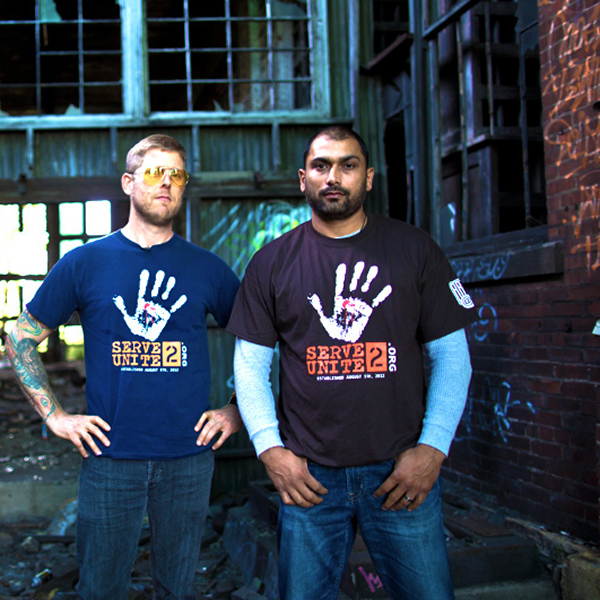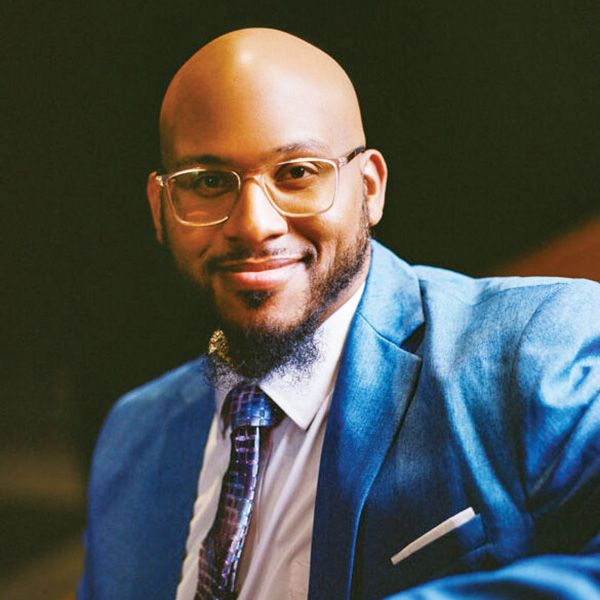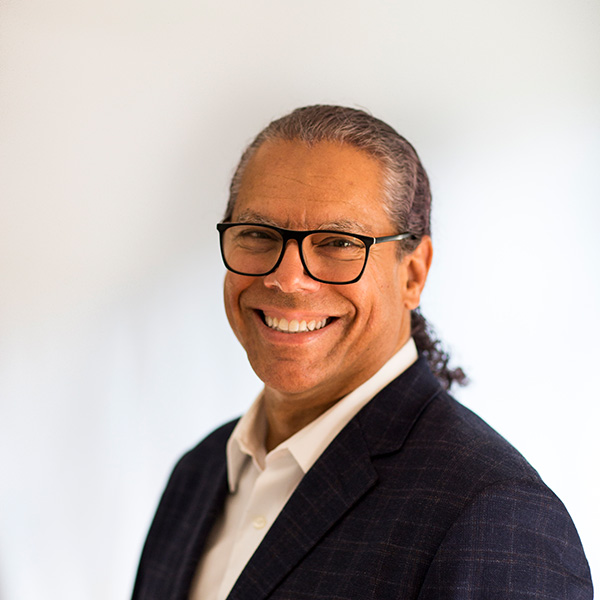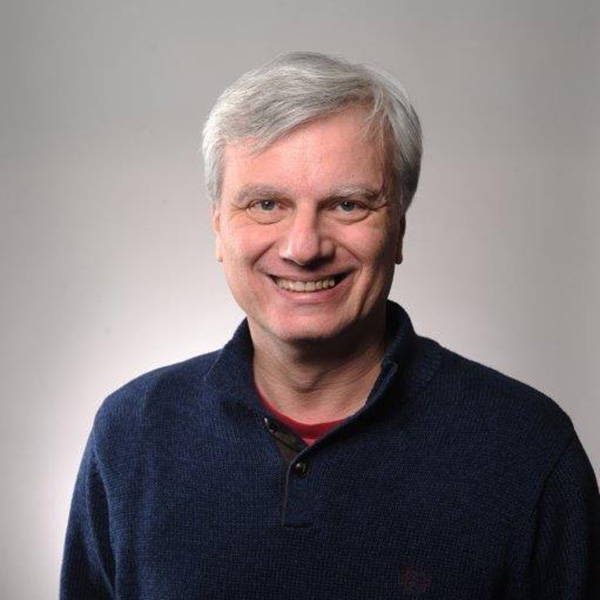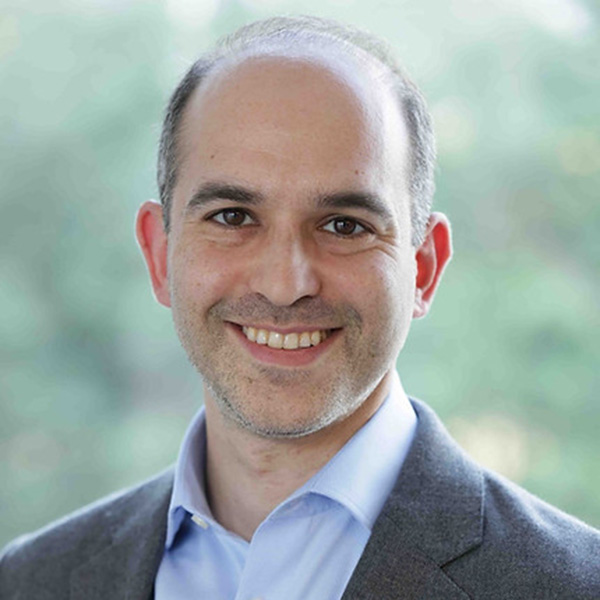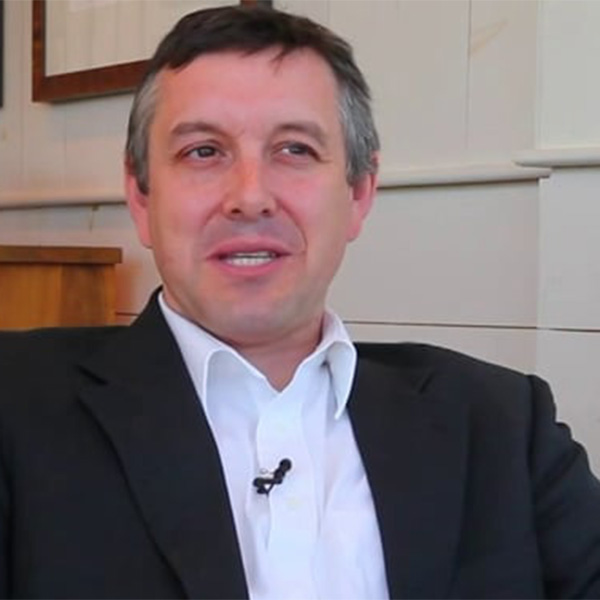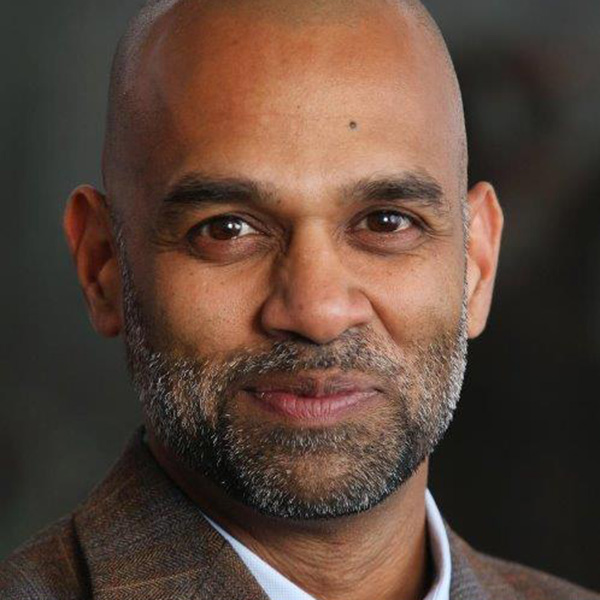This series of sessions designed to bridge personal and political divides will bring students, faculty, and staff together to explore strategies for having more effective dialogues about things that matter.
About Conversations for Change
Story after story demonstrates how political polarization on college campuses has made constructive conversation across difference more challenging than ever. But college campuses are precisely where those conversations are most needed. They are fundamental to education—to intellectual and personal growth, and to finding bold solutions to the complex problems that plague our nation and the world.
Gettysburg College has both the opportunity and the responsibility to address this challenge head-on. Since its inception, Gettysburg College has stood for freedom of expression. Our rich institutional heritage challenges us to engage in and provide leadership for addressing the critical social and political issues of our time. This can only be accomplished by deeply engaging our diverse campus community in a series of conversations designed to bridge personal and political divides. We are uniquely positioned to model the possibility and the necessity of seeing the humanity in one another, even when we disagree.
Conversations for Change will engage our campus community and beyond through the following programs:
- Dialogue Skill-Building: Dialogue facilitation workshops will teach our students, faculty, and staff to initiate and manage conversations about challenging topics. Participants will come away from these workshops with an enhanced ability to listen and ask questions so that they may better understand another’s perspective and where it comes from, as well as to communicate one’s own perspective in the most constructive way possible.
- Speakers and Panels: These events will feature faculty, students, and external guests that speak to the complexity of current events. Potential speakers include Braver Angels, the American Bar Association Task Force on American Democracy, Common Ground USA, Bipartisan Policy Center, and a debate between members of Gettysburg student political organizations.
- Campus community engagement activities: Democracy requires active participation. We will provide opportunities for our students, faculty, and staff to actively contribute to the shaping of the Conversations series by designing and implementing their own innovative projects, funded by College-awarded mini-grants. Additionally, we will be working with groups of students over the summer to draft a “commitment to conversation” pledge that campus community members may choose to sign at the start of the fall semester, design a news literacy challenge, and coordinate a voter registration drive.
- Partnership with the Institute for Citizens & Scholars’ College Presidents for Civic Preparedness initiative: President Iuliano is one of 99 college presidents from across the country who have joined forces to advance civil discourse in higher education. The partnership gives Gettysburg access to faculty development workshops, national conversations, and other resources focused on advancing critical dialogue on our campuses and beyond.
A Focus on Race, Identity, Accountability, and Repair
In response to calls for more intentional work on race on campus, Conversations for Change identified four sessions within the broader series that would focus on the theme “Race, Identity, Accountability, and Repair.” The sessions would be held in partnership with Jason Craige Harris of Perception Institute.
First Session: A Campus-Wide Dialogue
The first Race, Identity, Accountability, and Repair session was framed as a campus-wide dialogue, with important meetings being cancelled across campus so that community members could attend. It gathered students, faculty, and staff both to hear an update from leadership on DEI-related actions steps the college is taking to improve campus culture and climate and to participate in small group conversations on the transformative power of belonging and the persistent influence of racial othering in our world. The session took place at the tailend of November 2024.
What follows is a framework for the remaining sessions connected to this focus.
Different people, based on others’ perceptions of their racial identities, may have disparate experiences of racism. Some have been the primary targets of racial othering and systemic practices of racism, experiencing the impact of these nefarious forces at Gettysburg and elsewhere. Others may have, intentionally or unintentionally, enacted racial othering and been complicit in systemic practices of racism––such folks may be thinking about how to be anti-racist allies at Gettysburg and elsewhere. Spaces for dialogue tailored to these different experiences can be helpful, as well as bringing participants back together for a cross-group dialogue afterwards.
Second Session: For anyone who has a personal lived experience of prejudice or discrimination based on race and wants things to change. (February 25, 2025, 4-5:30 pm, Atrium)
The second Race, Identity, Accountability, and Repair session would invite into dialogue interested students, faculty, and staff who have been directly impacted by racial othering and systemic racism at Gettysburg or elsewhere. The focus would be on stories from participants’ lives that illuminate what it looks like to practice resilience under oppression, creative self-assertion and advocacy, and joy and healing in the midst of trauma.
Third Session: For those who do not have personal lived experiences of prejudice or discrimination based on race but want to be part of the change. (March 18, 2025, 4-5:30 pm, Ballroom)
The third session would invite into dialogue interested students, faculty, and staff who are not directly impacted by racial othering and systemic racism. It is for those among them who seek to be anti-racist allies here at Gettysburg or elsewhere. The focus would be on stories from participants’ lives that illuminate what it looks like to be effective allies, challenges encountered on the journey, and how those challenges can be overcome.
Fourth Session: For those who have participated in either session 2 or 3. (April 22, 2025, 4-5:30 pm, Ballroom)
The fourth and final Race, Identity, Accountability, and Repair session of this school year would invite into dialogue participants from the second and third sessions. The goal would be for participants to share with each other their major learnings, questions they would like to explore further, and commitments that they can bring to their daily lives to advance a culture of dignity and accountability.
